So fantastic that it’s embarrassing.
Those are the words of Anne Stoll, 64, of Kentwood, Michigan, her laughter resounding across the room.
It’s how she enthusiastically answers when asked how she is today.
Fantastic! Incredible! Great!
Stoll’s mindset hadn’t always been so shiny and bright.
In late 2019, a bout of abdominal discomfort prompted a visit to her primary care physician. She felt short of breath and bloated.
Memories came back of a paternal grandmother who had passed away from ovarian cancer, and a maternal grandmother who lost her life to breast cancer.
Stoll’s doctor performed a BRCA gene test. The results showed a BRCA1 mutation, which put her at high risk for breast and ovarian cancer.
The BRCA test can indicate a person’s chances of getting breast cancer or other cancers, in men and women. Mutations can be passed from generation to generation.
“Then I had an ultrasound done,” Stoll said. “It showed a tumor about the size of a golf ball in my right ovary.”
Finding courage
In March 2020, doctors referred Stoll to Leigh Seamon, DO, MPH, gynecologic oncologist at Spectrum Health.
“Anne came to the hospital for shortness of breath and had an evaluation that showed a clot in one of her major veins in her pelvis and, due to her history of BRCA1 mutation, the doctors in the hospital got an ultrasound that showed a tumor in her ovary,” Dr. Seamon said.
Because of the BRCA1 gene mutation and the way the ovary appeared on imaging, Dr. Seamon highly suspected cancer.
“I explained to Anne that the BRCA1 gene mutation means she has a 45% lifetime risk of developing ovarian cancer and 70% lifetime risk of breast cancer,” the doctor said. “I recommended surgery, but she was not ready for surgery yet.”
“I didn’t want to face that,” Stoll said. “I really dragged my feet.”
Stoll said she had anything but a positive attitude at that time.
Overwhelmed, she thought about living alone. Who would assist her?
“I was concerned I would have no support,” she said.
Given Stoll’s high risk of cancer, Dr. Seamon strongly recommended surgery.
“This was ovarian cancer until proven otherwise,” Dr. Seamon said.
Stoll met with Dr. Seamon and the health care team in a conference room.
“She was marvelous,” Stoll said of Dr. Seamon. “She was compassionate. Gave me all the facts. The team all assumed I would get the surgery, but I expressed my biggest fears—that I wouldn’t have the support I needed. And then there were the financial worries of being out of work for so long.”
Stoll told the team she wasn’t ready. She would think about it.
Meanwhile, her cancer markers continued to elevate.
A CT scan in April 2020 showed the mass had grown to 9.2 centimeters, about the size of a grapefruit.
And then COVID-19 hit.
“Dr. Seamon scheduled (surgery) for June 30. But then on April 16, I got COVID-19,” Stoll said. “I was in bed for three weeks and I lost 30 pounds. I had fatigue, fever and chills.
“By the end of the third week, I couldn’t even walk,” she said. “I recognized the symptoms of another blood clot in my leg.”
Early that May, Stoll went to Spectrum Health Fred and Lena Meijer Heart Center, where she underwent surgery to remove a blood clot that extended from her leg to her abdomen. Doctors diagnosed her with chronic deep vein thrombosis.
During that period, she had time to reflect.
“I felt so lonely and isolated after four weeks with COVID-19,” she said. “I struggled with depression and anxiety, facing another significant challenge of getting through surgery and recovery alone.”
Struggling with a dark mood during her recovery, she was surprised to get a call from her Spectrum Health physician.
“Anne’s ultrasound results that showed a blood clot came across my desk,” Dr. Seamon said. “My nurse, Leigh, called her because we were all worried that she had not yet scheduled surgery.
“We asked her to get her blood drawn,” Dr. Seamon said. “And the tumor marker … had continued to climb. My nurse was able to convince her to come back in for a discussion. It was fate that her results came across my desk and that she agreed to come back into the office.”
Never alone
Stoll’s surgery was rescheduled for July 30, 2020.
Dr. Seamon, however, was on vacation.
Even as it seemed circumstances kept pushing surgery to a later date, Stoll heard that Dr. Seamon had cut her vacation short and would return to perform the surgery.
Trained in robotic and minimally invasive surgery, Dr. Seamon prepared for a surgery that would last much of the day.
“The tumor had originated in the left fallopian tube, but by now had spread to the right ovary and into one lymph node,” Dr. Seamon said. “Anne had stage IIIC cancer. We removed the fallopian tubes, the uterus, ovaries and the one lymph node.”
The process amazed Stoll.
“It was almost magical,” Stoll said. “Because of the robotic surgery, I had only five small incisions. I was out of surgery by evening and out of the hospital in a day and a half.”
Not that Stoll felt ready to leave.
Once more, anxiety swept over her as she thought about returning home alone.
This time, however, she wouldn’t be alone.
Emily Mumford, an oncology social worker at Spectrum Health, stood by her side. Mumford provides emotional support to patients and helps remove barriers to care. She also refers patients to therapists if needed.
“I serve as a bridge to the resources my patient needs,” Mumford said. “We reviewed her distress screen together and then I connected Anne to the resources she needed.”
“Emily jumped right in and helped me,” Stoll said. “Because of COVID-19 I had lost my job. And she helped me apply to two foundations for financial assistance. I had rent money, money for utilities—and that took away a lot of my stress.”
When she returned home, Stoll looked up at the 27 steps she needed to climb to her apartment.
“Would you believe I practically ran up those steps?” Stoll laughed. “I did.”
A moment of triumph
Next hurdle: six cycles of chemotherapy.
Kelly Herrmann, RN, BSN, an oncology nurse navigator, met Stoll to guide her through chemotherapy.
“Kelly came to the doctor’s office to meet me,” Stoll said. “I was hesitant about chemo, but she helped me through it. I was going to keep my newly positive attitude through this, too.”
Herrmann found Stoll in good spirits.
“I enjoyed Anne and her positive energy and attitude,” Herrmann said. “I was grateful to get to be a part of her care and to get to check on her after each chemo infusion. The cycles are three weeks apart and she completed her last cycle in December 2021. My role was to check in on her after each cycle, to see how she’s doing.”
Leigh Joustra, RN, Dr. Seamon’s chemotherapy nurse, helped ease Stoll’s lingering worries about chemotherapy.
“Anne was struggling with high anxiety,” Joustra said. “We had many long conversations with what her treatment would look like.”
She talked to Stoll about chemotherapy, treatment and side effects. She assured her the health team would help her through every step.
The result?
“Her anxiety virtually disappeared,” Joustra said. “Her positive outlook began to shine through and helped her overcome the fears that can surround chemotherapy and cancer treatment.”
After chemotherapy, Stoll surprised herself.
“I feel amazingly well,” she said. “With almost no side effects at all.”
When her hair began to fall out from the chemo, Stoll learned about Beautiful You, an organization partnering with Spectrum Health to help patients with cancer.
“What an incredible organization,” Stoll said. “They offer women and girls in cancer treatment many complimentary salon services. There I was at 64 years old and in pigtails!
“They cut off my pigtails and arranged for donations to others in need of wigs. I was given a beautiful wig of my choice, which was matched to my hair color. As long as I was in treatment, I could come once a month for any service of my choice.”
Stoll says having positivity helped in her journey to better health.
Her initial hesitancy is now replaced by an attitude of embracing all that comes her way.
“Even if you feel unsure and face seemingly insurmountable fears like I did, you can still confront your circumstances and be optimistic about the outcome,” Stoll said.
“I faced my worst fears and overcame them. I set my mind to be all in, followed the rules my doctors gave me. I didn’t think I could do this on my own—and I found the best team around me to help me each step of the way.”
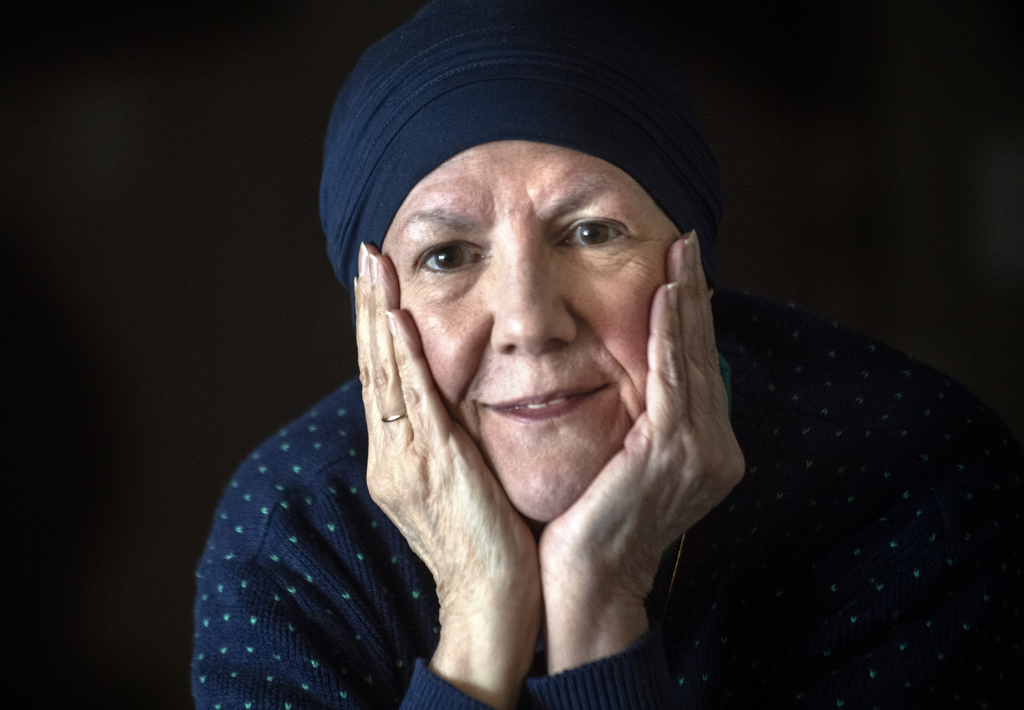
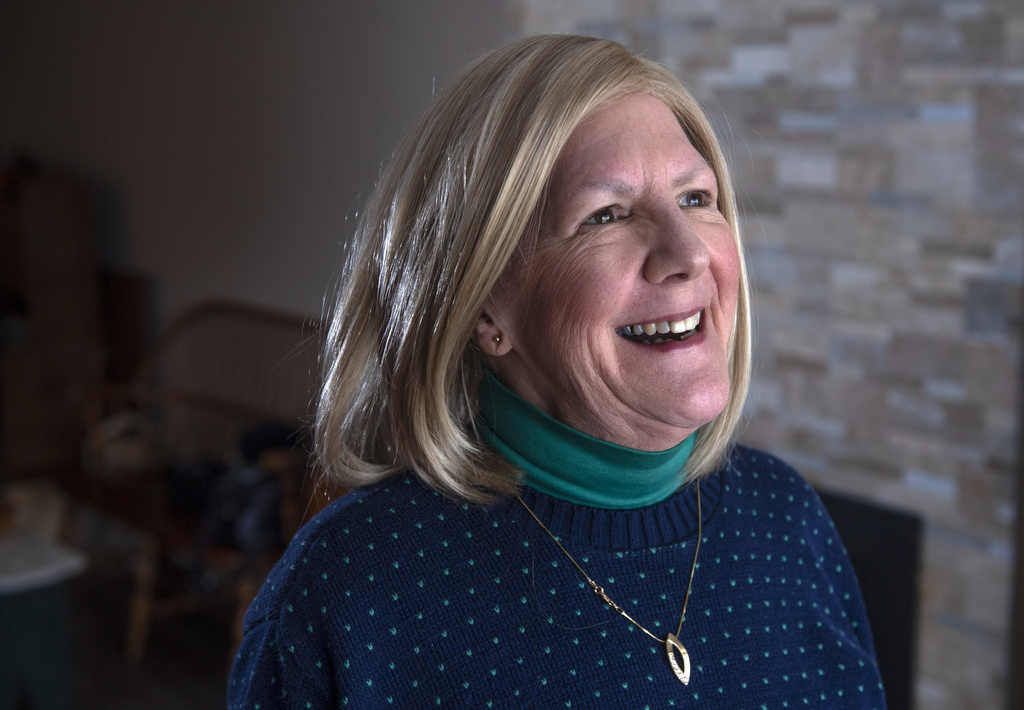
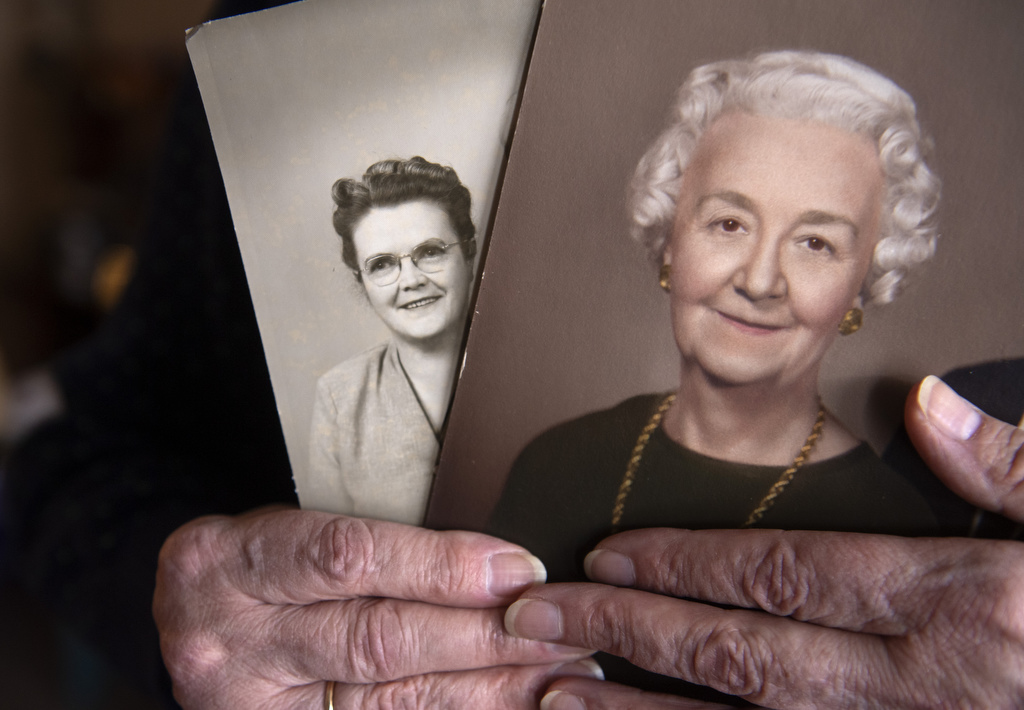
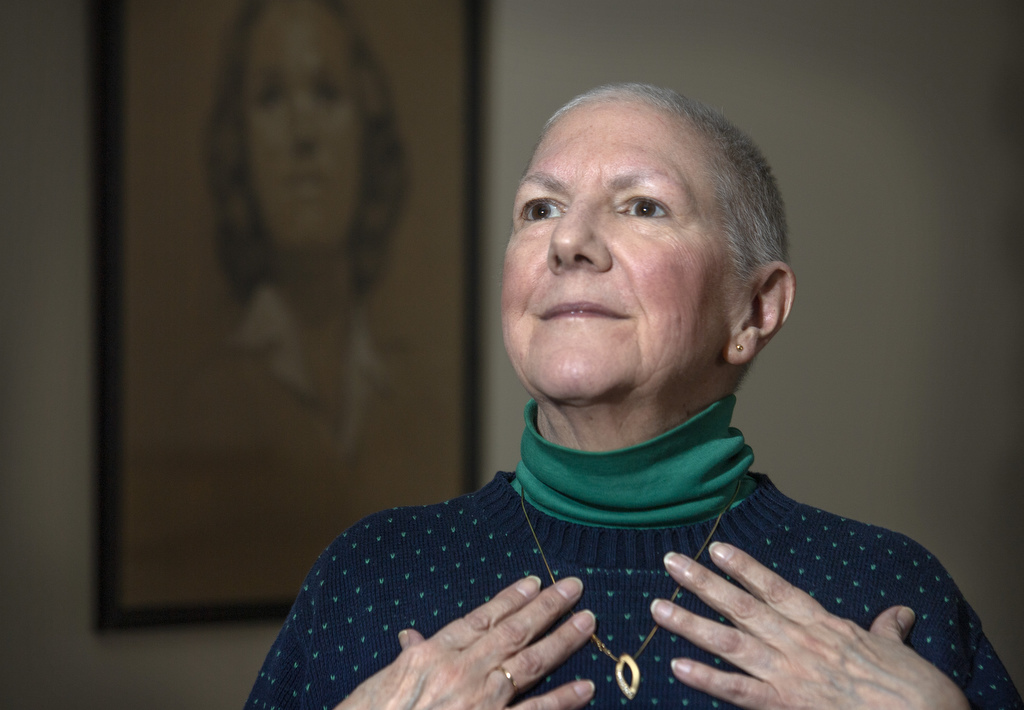
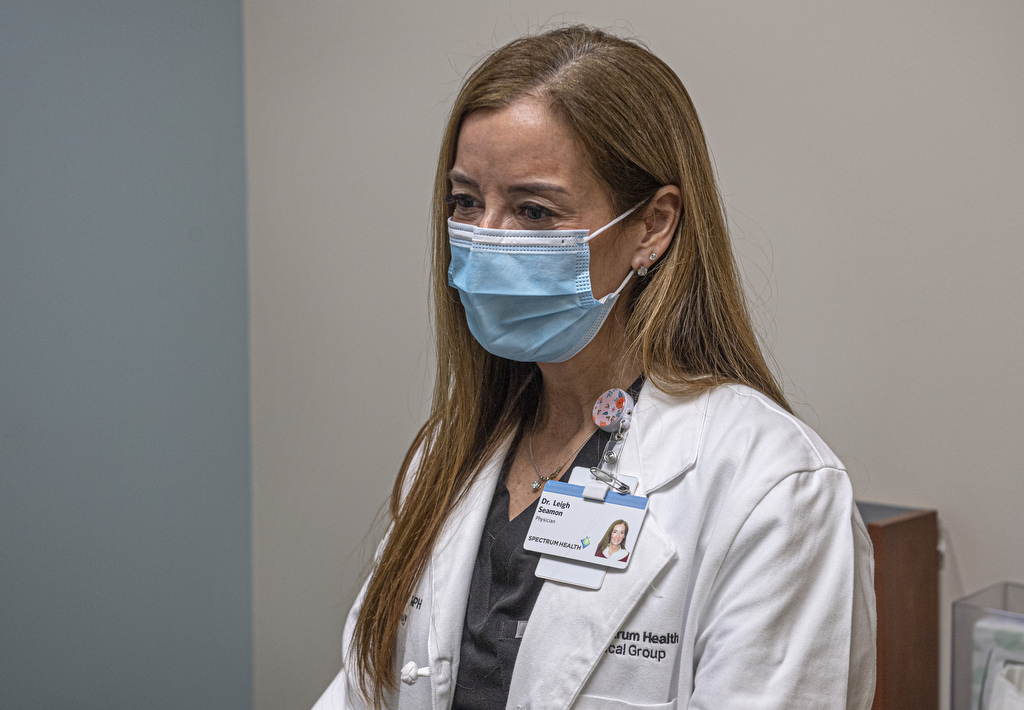
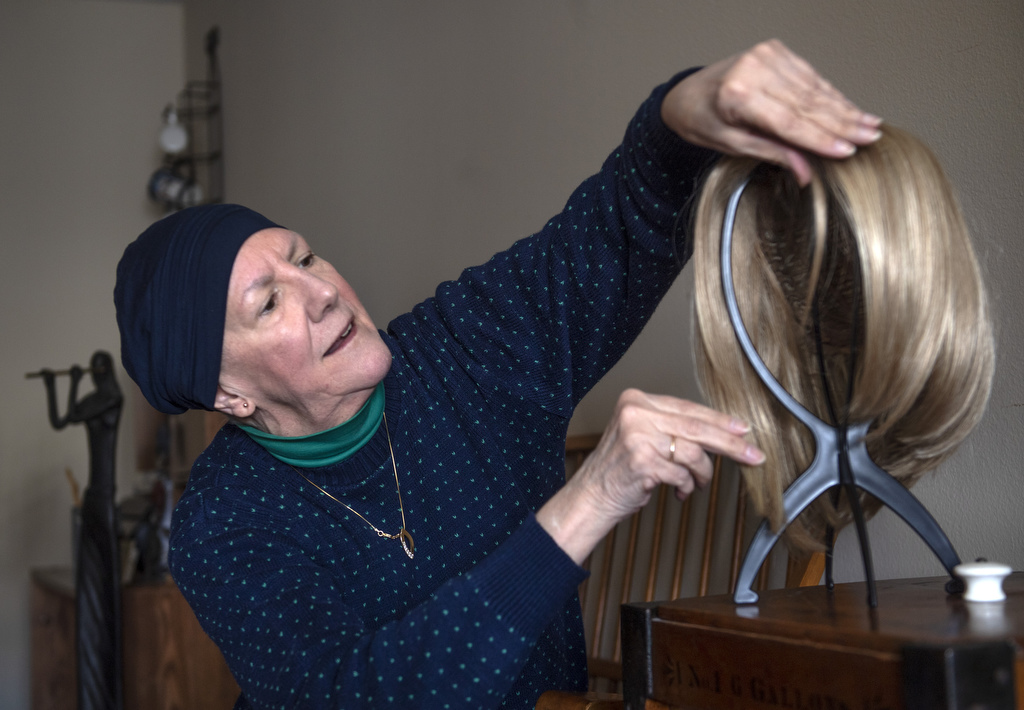
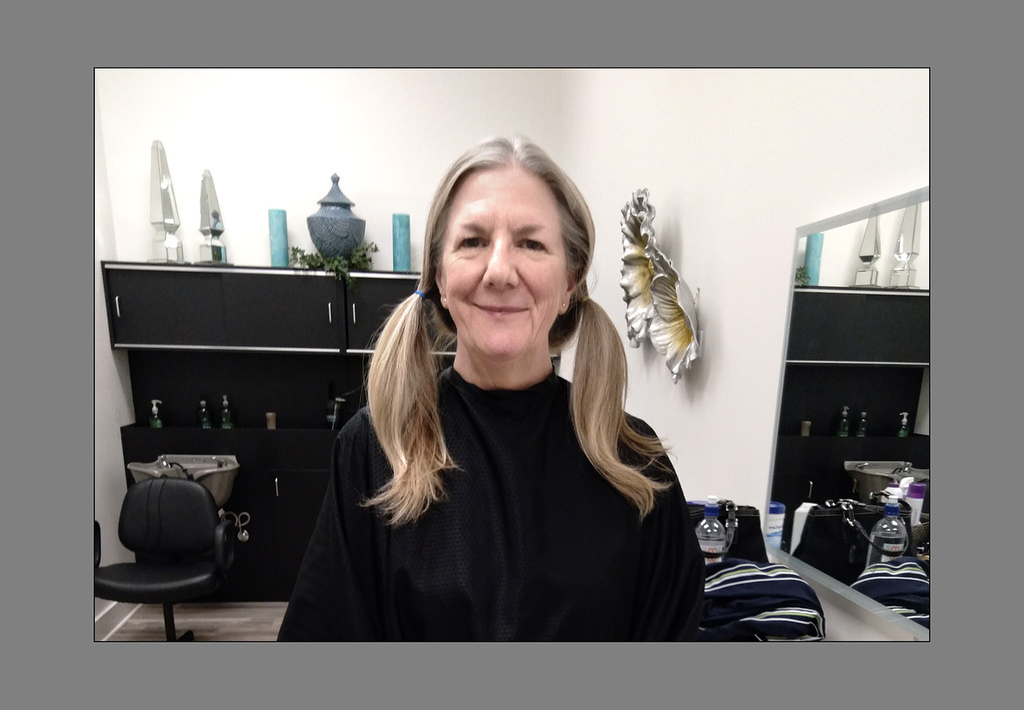
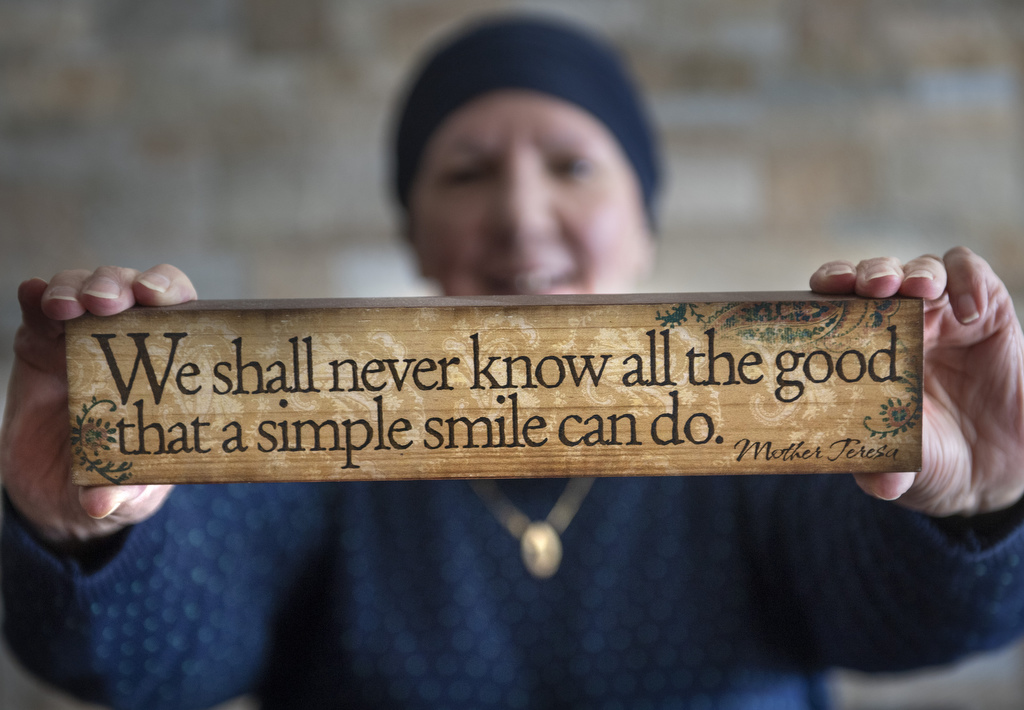
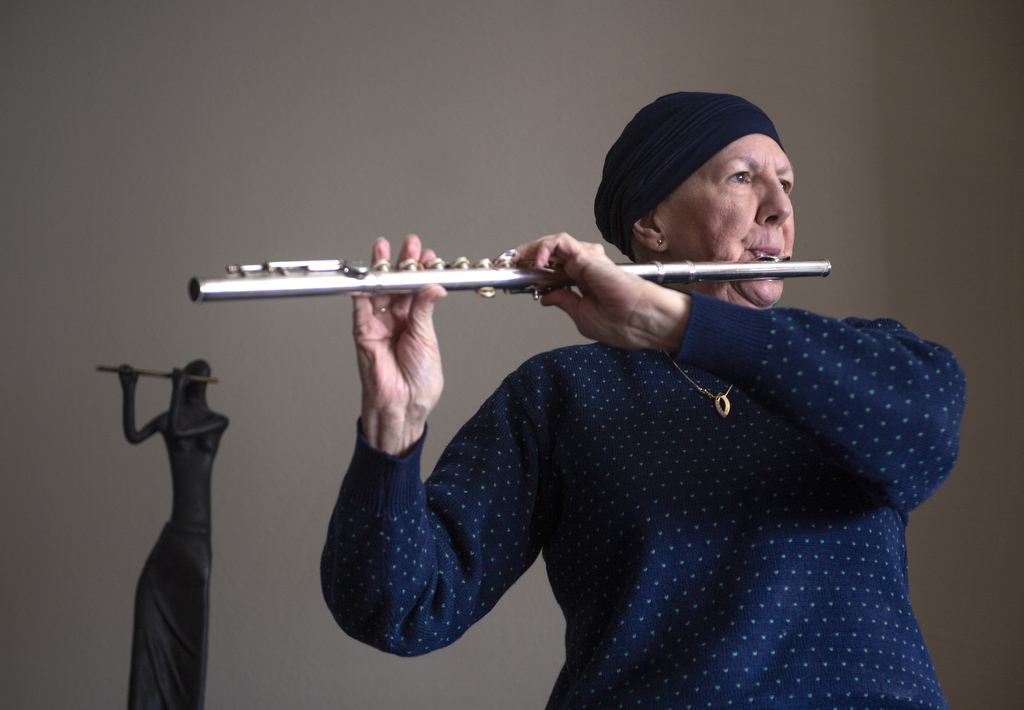
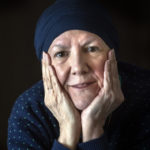
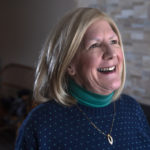
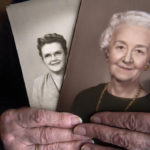
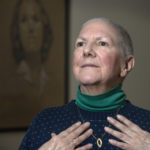
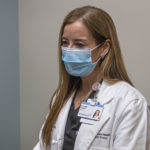
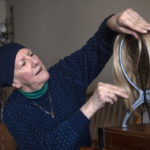
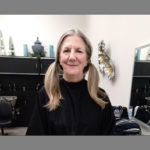


 /a>
/a>
 /a>
/a>
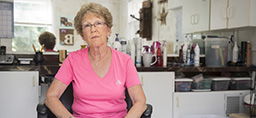 /a>
/a>